Geoffrey Omony
Executive Director, YOLRED & Coordinator GNRC Uganda
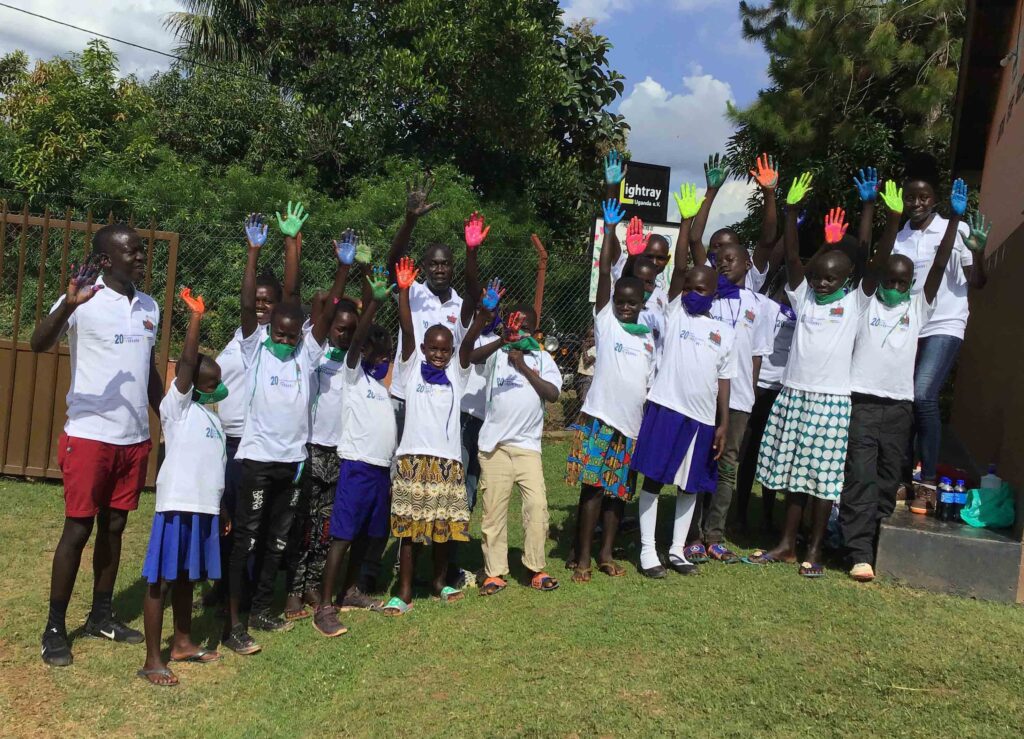
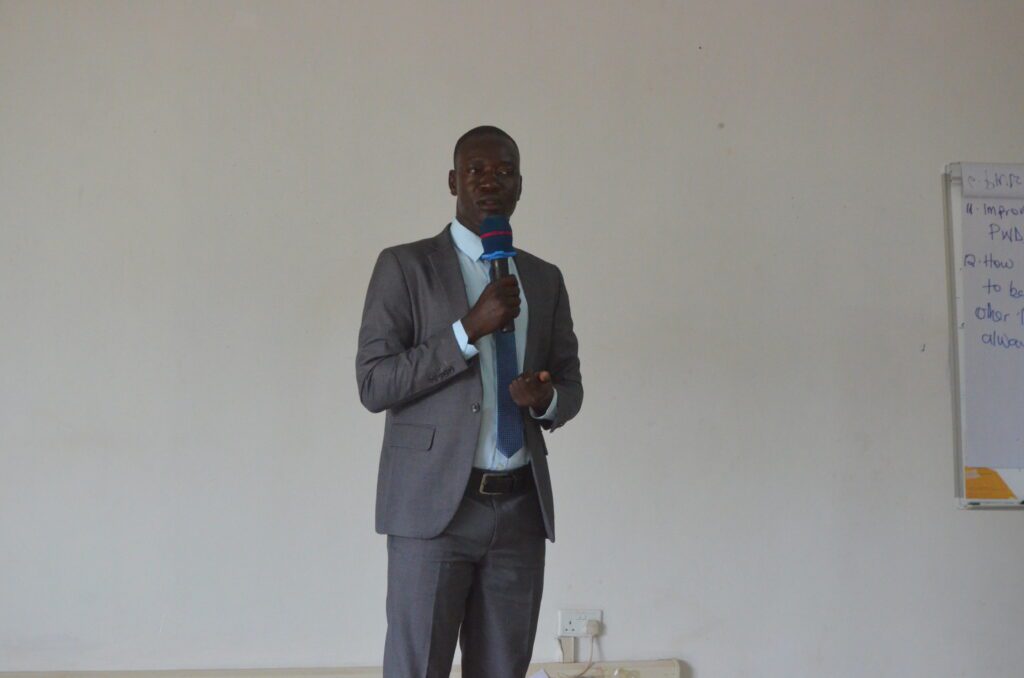
What inspired you (if children, why children)?
My personal experience of being abducted by the Lord’s Resistance Army (LRA) as a child was a harrowing experience that shaped the course of my life. Witnessing the unimaginable suffering and trauma inflicted upon children, ignited a deep sense of purpose within me. I vowed to dedicate my life to ensuring that no child should endure such horrors. This experience instilled a profound empathy and determination to advocate for the rights and well-being of children everywhere.
Through my work, I strive to create safe spaces, provide education, and offer emotional support for children affected by conflict and violence. My past has become a driving force, compelling me to be a voice for those who may not have one and to empower them with the hope and opportunities they deserve.
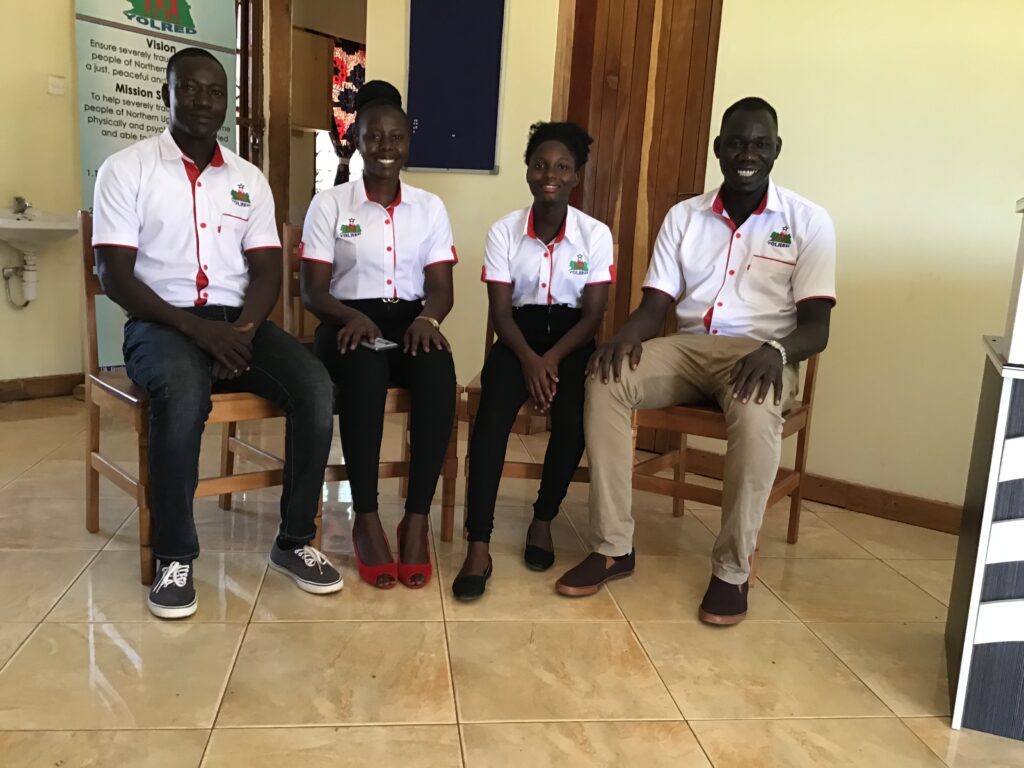
Tell us what encouraged you to join the GNRC and about your work with the GNRC.
Witnessing the transformative power of faith-based communities in supporting vulnerable children inspired me to become a part of this vital Network. Joining the Global Network of Religions for Children (GNRC) was a natural progression in my journey to advocate for children’s rights. The GNRC’s inclusive approach, which brings together diverse religious traditions, resonated deeply with my belief in the collective responsibility to protect and nurture children.
In my role within the GNRC, I focus on fostering interfaith dialogue and collaboration to address the unique challenges faced by children worldwide. By leveraging the moral and ethical teachings of various religions, we work towards creating environments that promote peace, tolerance, and the holistic development of children. Together, we implement initiatives that range from education and healthcare to psychosocial support, ensuring that children grow up in environments that nurture their potential and well-being.
Being part of the GNRC allows me to connect with like-minded individuals and organizations globally, amplifying our collective impact. Together, we strive to build a world where every child can thrive, regardless of their background or circumstances, guided by the shared values of compassion and love inherent in all faiths.
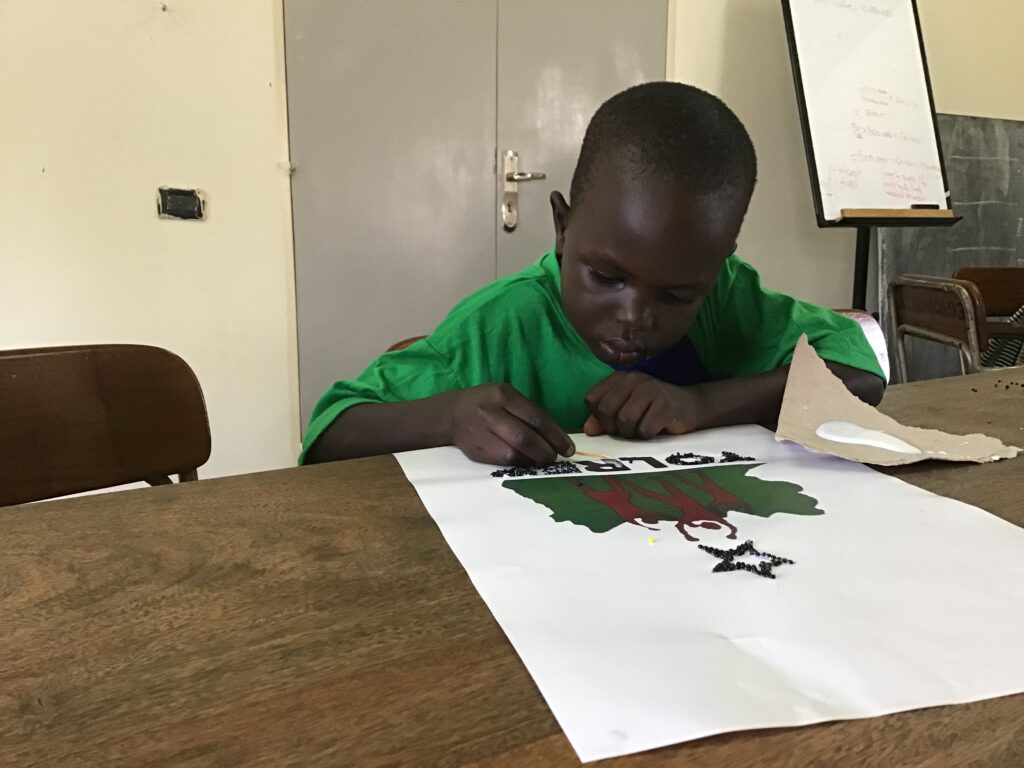
In your line of work, what is/are the major issue(s) children face that call(s) for action by faith leaders/policymakers and governments?
The persistent threat of violence and exploitation calls for action. Many children around the world are subjected to conflict, trafficking, abuse, forced labor, neglect, defilement, sacrifices, kidnaps, teenage pregnancies, and mistreatment. Faith leaders, policymakers, and governments have a moral and ethical duty to protect these vulnerable individuals and create environments conducive to their well-being and development. Additionally, access to quality education, healthcare, and nutrition remains a critical concern, especially for marginalized communities. Faith-based organizations and governments must collaborate to ensure that every child has the opportunity to reach their full potential. Moreover, addressing systemic issues like poverty, discrimination, and lack of social services is essential for creating a nurturing environment for children to grow and thrive. All stakeholders must work together to prioritize and address these pressing challenges facing children globally.
How has your work with the GNRC impacted those you work with?
Through my work with the GNRC, I’ve witnessed significant positive impacts on the children and communities we serve. By leveraging the collective wisdom and resources of diverse faith traditions, we’ve been able to create inclusive spaces that promote understanding, tolerance, and harmony. Children in these communities have gained access to essential needs and services like education, healthcare, and psychosocial support, which has resulted in improved overall well-being and a greater sense of hope for the future.
Moreover, our collaborative efforts have helped break down barriers and reduce discrimination, fostering a more inclusive society where all children are valued and respected. The GNRC’s initiatives have also empowered local communities to take ownership of their children’s welfare, leading to sustainable, long-term positive change.
Additionally, our advocacy work with policymakers and governments has influenced policy reforms that prioritize children’s rights and their protection. This has had a ripple effect, benefiting not only the immediate communities we serve but also creating a blueprint for broader systemic change, ultimately benefiting countless children worldwide.
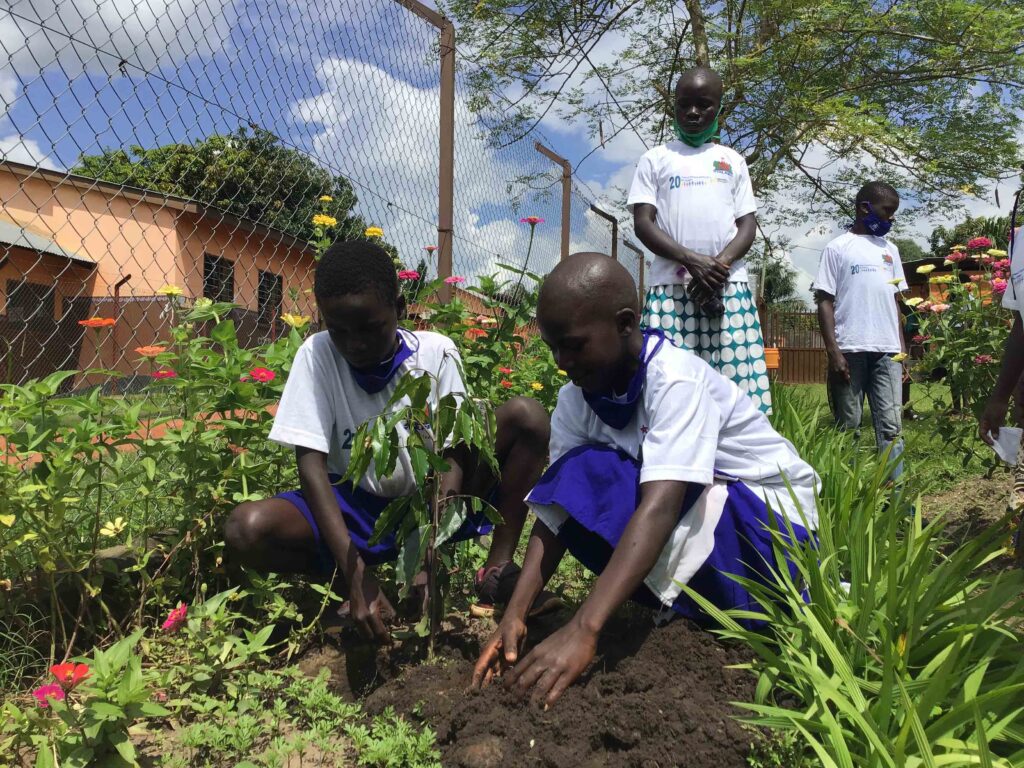
How do you envision a better world for children living in Uganda?
I see a society where every child has access to basic needs, healthcare, quality education, and a conducive environment to thrive. Schools should be safe, inclusive spaces that nurture children’s creativity and critical thinking. Communities, free from violence and exploitation, allowing children to grow up in environments that promote their holistic development.
I imagine a Uganda where children, regardless of their background, have equal opportunities to thrive and pursue their dreams. This would involve targeted interventions to address the specific needs of marginalized groups, such as refugees, internally displaced children, and those living in remote areas. These children would have access to specialized support and resources to overcome the unique challenges they face.
Additionally, I envision a society that values and protects the rights of every child, where policies and laws are in place to safeguard their well-being. Faith leaders, policymakers, and government officials would work in concert to create an environment where children are not only heard and respected but also actively involved in decision-making processes that affect their lives.
Ultimately, a better world for children in Uganda would be one where children grow up with a sense of agency, hope, and a belief in their own potential to contribute positively to their communities and beyond.

